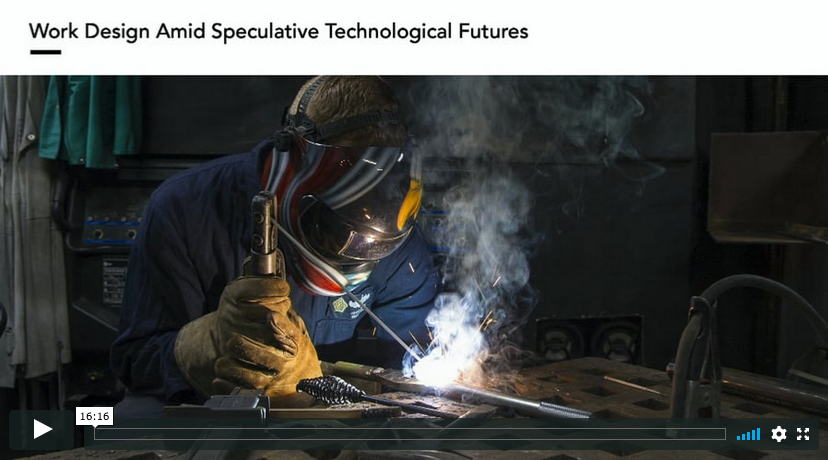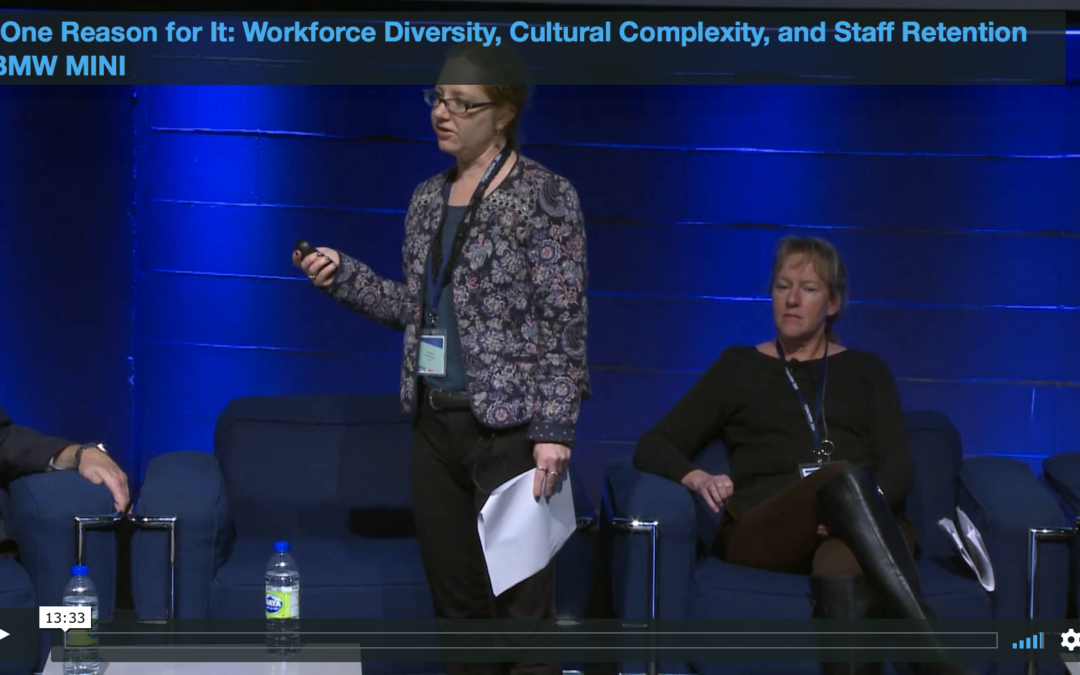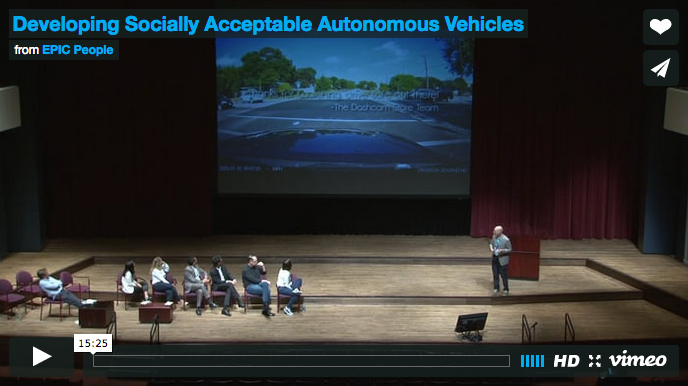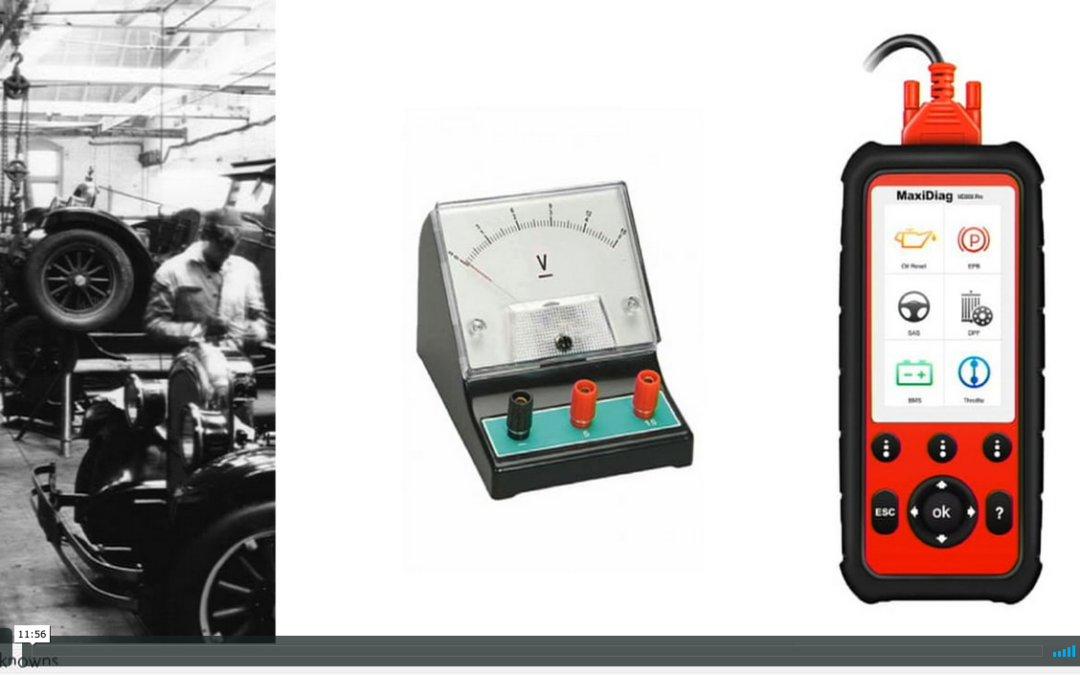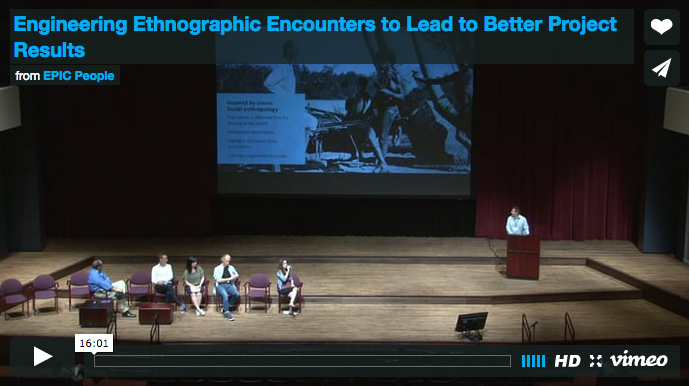This paper explores how the design of everyday interactions with artificial intelligence in work systems relates to broader issues of interest to social scientists and ethicists: namely human well-being and social inequality. The paper uses experience designing human interactions with highly...
